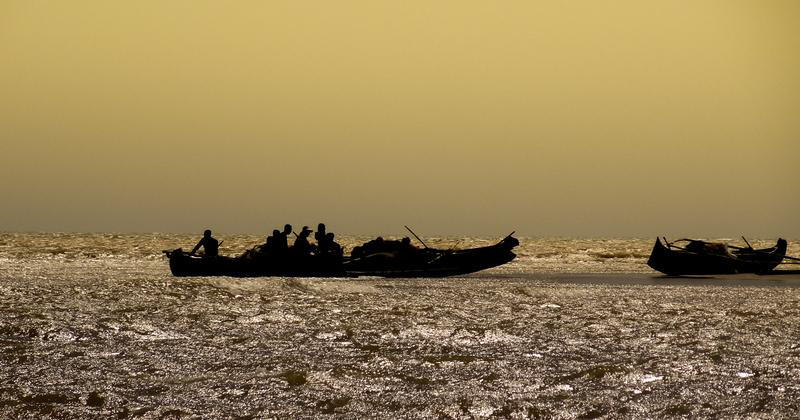A tragic maritime incident occurred off the coast of Morocco on December 19, 2024, when a makeshift boat carrying an estimated 80 migrants capsized. The disaster resulted in the death of 69 individuals, including 25 Malians, marking 2024 as the deadliest year for maritime migration to Spain.
According to the Ministry of Malians Abroad, only 11 individuals survived the incident, with nine of them being from Mali. The majority of the victims hailed from the Kayes region in western Mali. The ministry announced the formation of a crisis unit to oversee the situation in an official statement.
Spanish migration rights organization, Caminando Fronteras, termed the incident as another “unacceptable tragedy,” noting that 10,457 migrants lost their lives or went missing attempting to reach Spain by sea in 2024. This number represents a 58% increase from 2023.
In a statement, Caminando Fronteras attributed the spike in deaths to several factors, including the neglect of the duty to rescue, preference for migration control over the right to life, the outsourcing of borders to countries with insufficient resources, and the lack of action and arbitrary behavior in rescues. The organization highlighted the use of poorly made boats, increasingly perilous routes, and inadequate maritime rescue services as additional contributing factors.
The Atlantic route to Spain’s Canary Islands was particularly dangerous in 2024. Caminando Fronteras reported 9,757 deaths on this route alone, dubbing it “the deadliest in the world.” Mauritania was identified as the main departure point for migrants aiming for the Canary Islands that year.
Spain witnessed unparalleled numbers in 2024, with 41,425 arrivals documented between January and November, surpassing 2023’s record of 39,910. Alongside Italy and Greece, Spain served as one of the major entry points for migrants into Europe, with 60,216 irregular entries recorded between January 1 and December 15, 2024. This represents a 14.5% increase compared to the previous year.
Victims in 2024 came from 28 different countries, predominantly in Africa, but also included individuals from Iraq and Pakistan, according to Caminando Fronteras. The organization noted that the deceased included 1,538 children and 421 women. A contributing factor to the increase in migration attempts from Mali was the instability that has plagued the country since 2012 due to jihadist insurgency and military coups, compounded by unemployment and climate change impacting farming communities.
Spain’s Interior Ministry reported that a total of 60,216 migrants arrived by sea between January 1 and December 15, 2024, a 14.5% increase from the previous year. The Atlantic route through Mauritanian and Moroccan waters remained the primary path for these migrants, according to Caminando Fronteras. Their data revealed an average of 30 deaths per day throughout the year, the highest toll since the organization started tracking maritime migration deaths in 2007.











